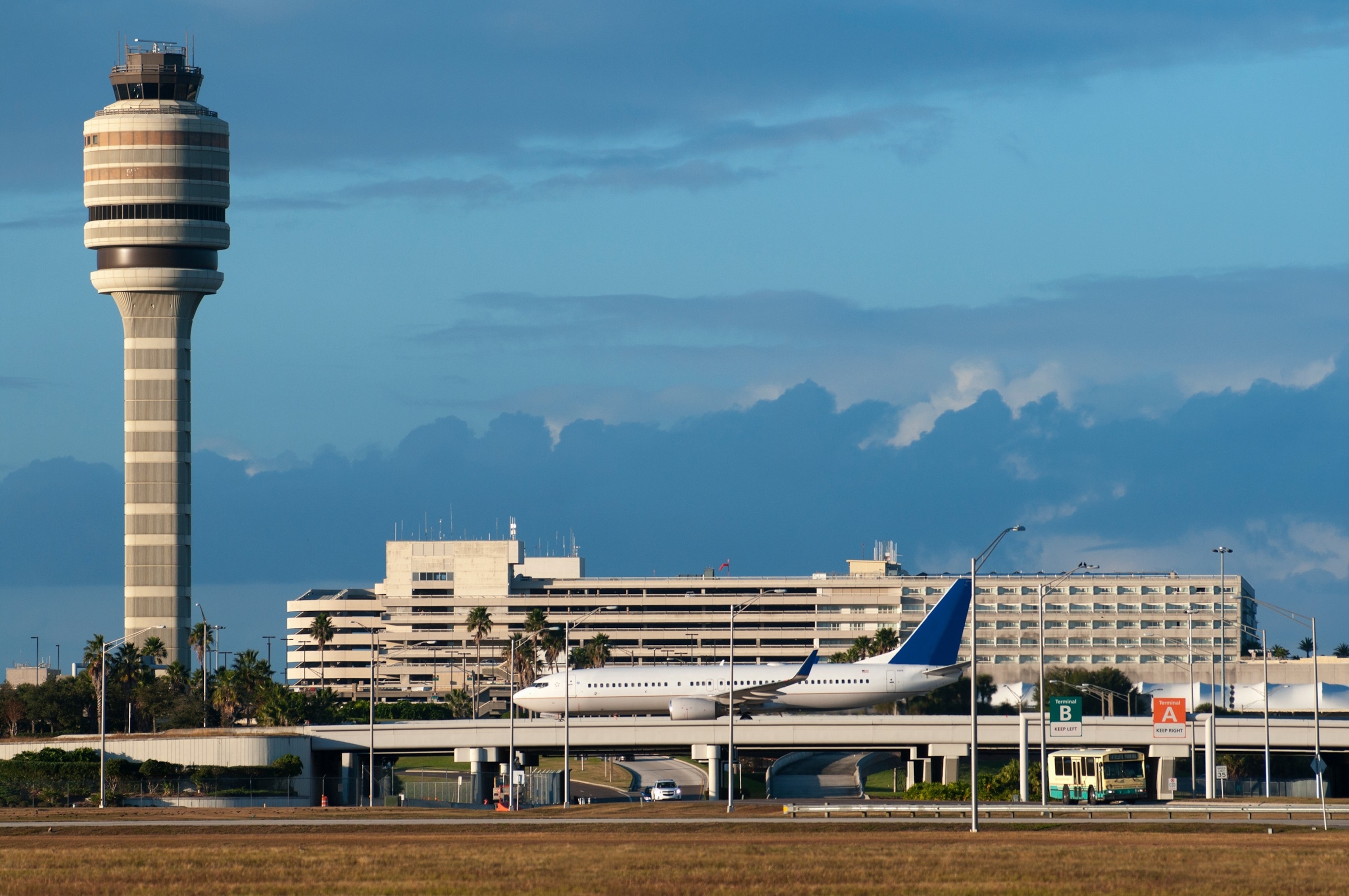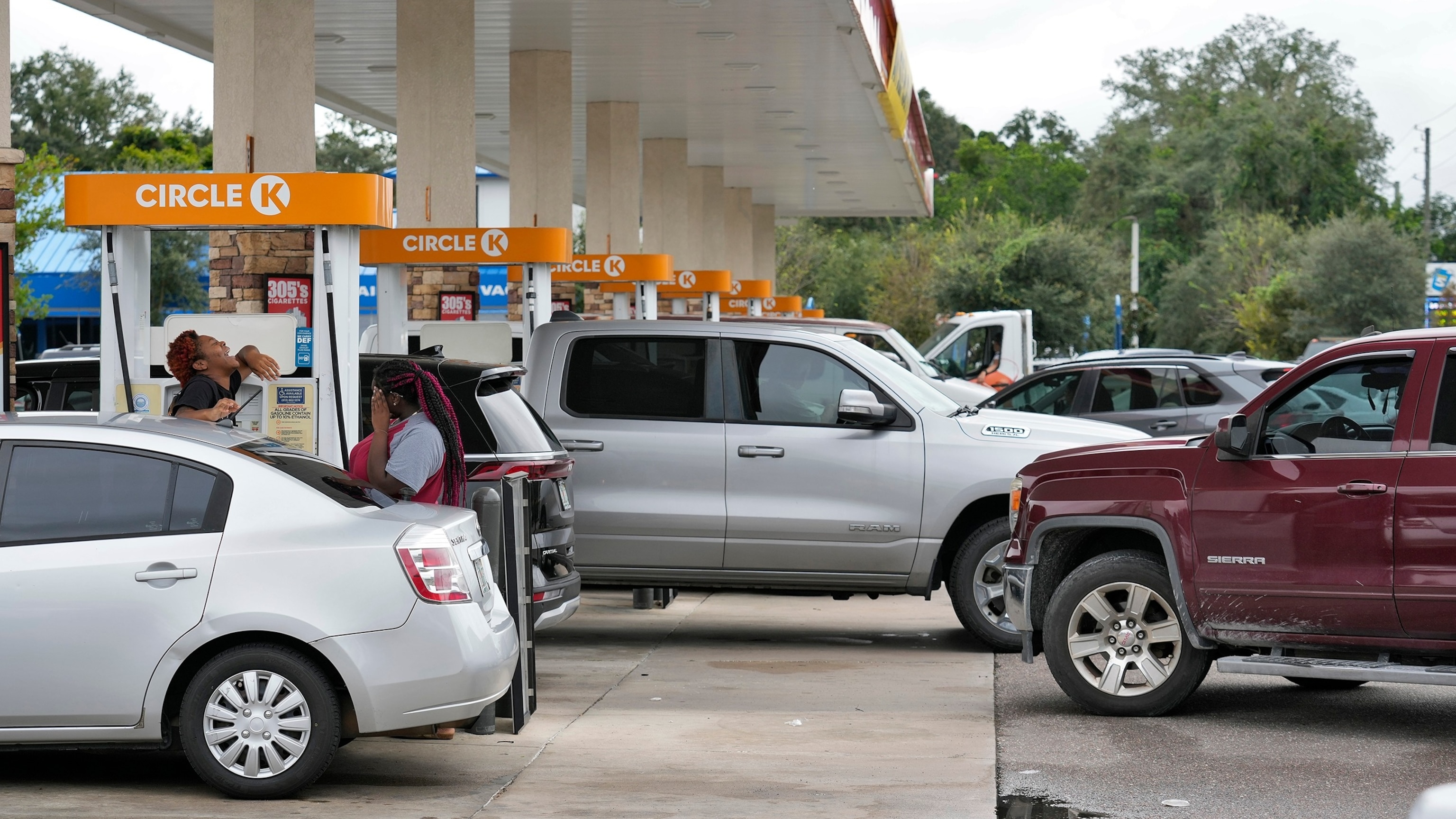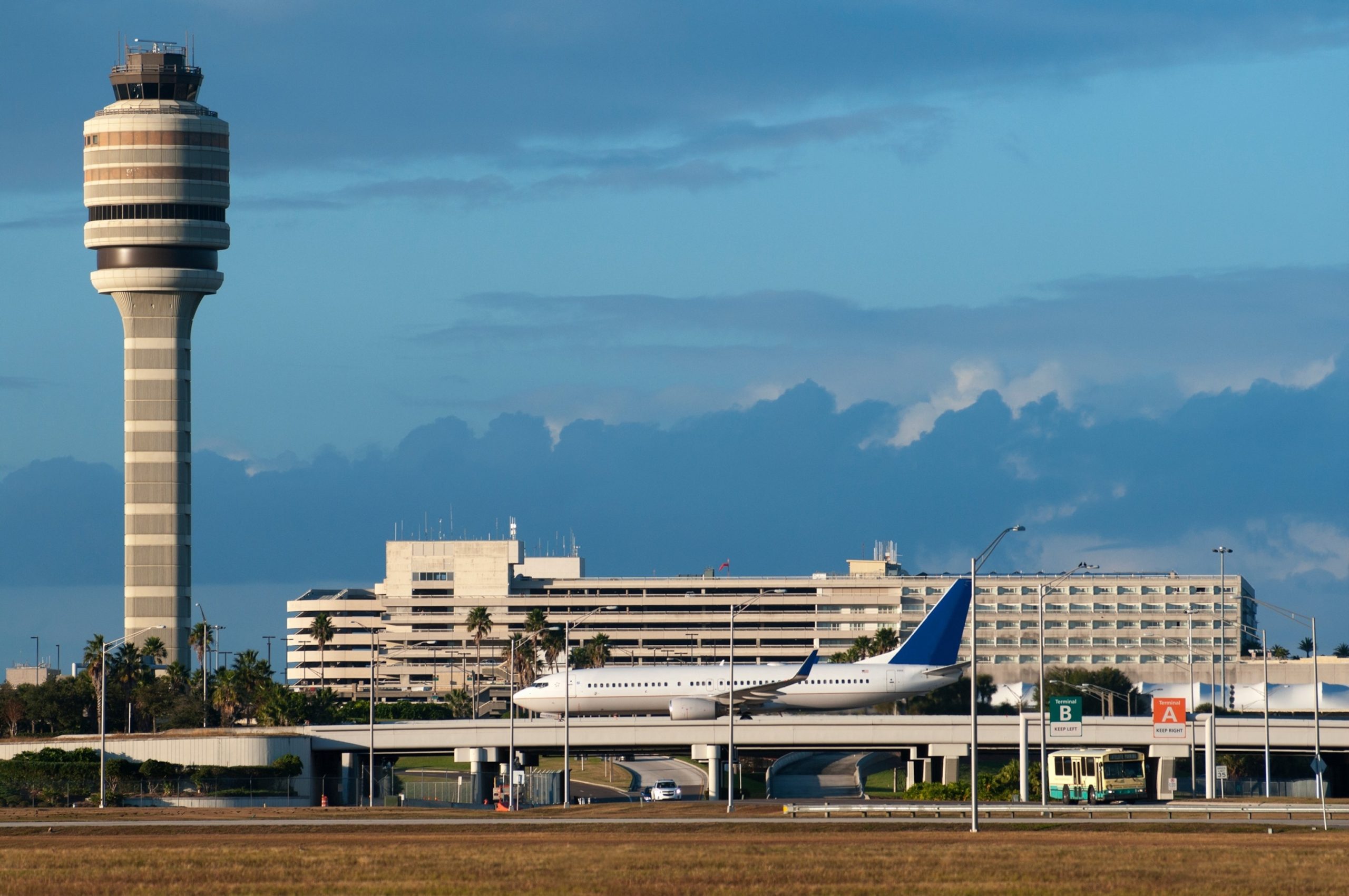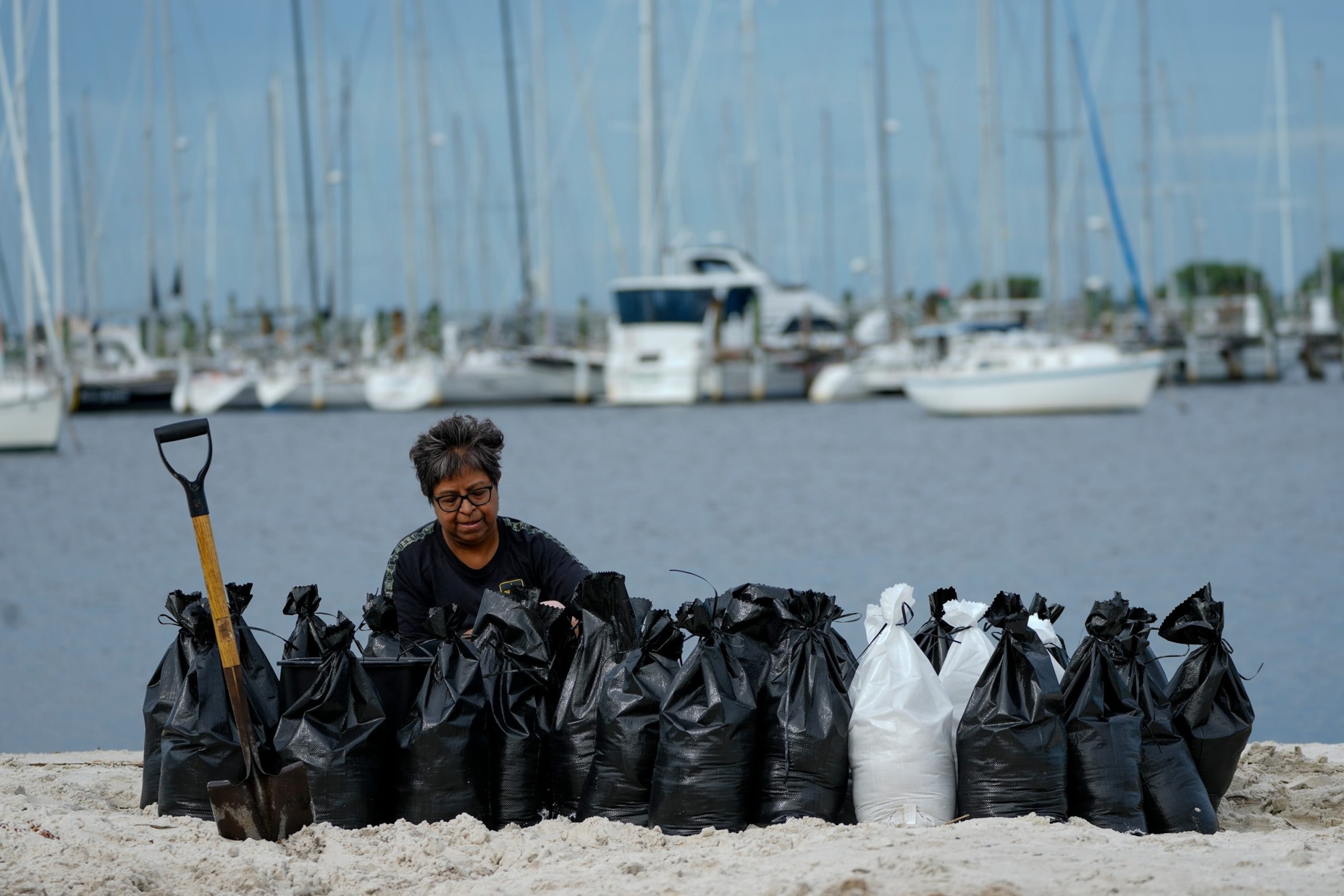Hurricane Milton is already causing travel disruptions as the storm takes aim at Florida’s west coast.
The hurricane is expected to make landfall as a Category 3 hurricane Wednesday night or early Thursday morning. Possible record storm surge is anticipated in the Tampa area. Flooding is also a risk throughout the state.
Evacuation orders have been issued in counties along Florida’s west coast, including in Charlotte, Citrus, Collier, Hernando, Hillsborough, Lee, Levy, Manatee, Pasco, Pinellas and Volusia.
Several airports have announced temporary closures ahead of landfall.
Airport closures
Tampa International Airport will suspend operations beginning at 9 a.m. on Tuesday and remain closed to the public “until it can assess any damage after the storm,” airport officials said.
The St. Pete-Clearwater International Airport, just outside of Tampa, will close at 12:30 p.m. on Tuesday, after its last flight departs, and remain closed on Wednesday and Thursday.
“The airport is in a mandatory evacuation zone and is not a public shelter,” airport officials tweeted. “Prepare and stay safe.”

Orlando International Airport.
Jerry Driendl/Getty Images
The Sarasota Bradenton International Airport in Sarasota will close at 4 p.m. Tuesday and reopen “once safe to do so,” airport officials tweeted.
Commercial operations will stop at the Orlando Executive Airport starting at 10 p.m. Tuesday and at the Orlando International Airport starting at 8 a.m. Wednesday, airport officials said. Both will reopen as soon as it’s safe.
“While these airports will cease commercial operations, they are not closed to emergency/aid and relief flights and will remain open as necessary,” airport officials said. “Commercial operations will resume as soon as possible based on damage assessment.”
Orlando Sanford International Airport in Sanford will also suspend operations starting at 8 p.m. Wednesday, airport officials said while advising passengers to “stay tuned for updates.”

Motorists wait in line to fill gas tanks Oct. 7, 2024, in Riverview, Fla., before Hurricane Milton makes landfall along Florida’s gulf coast.
Chris O’Meara/AP
Flight cancellations
More than 700 flights have been canceled throughout the U.S. as of early Tuesday afternoon, according to FlightAware. Tampa International Airport has the most, with nearly 350 flights canceled.
The disruptions are already growing on Wednesday, too, with more than 1,570 flights across the U.S. canceled — about half of which are into or out of Orlando International Airport, according to FlightAware.
Airlines are operating larger aircraft and adding more flights to their schedules ahead of the hurricane and airport closures.
Rail service changes
Amtrak announced it will operate a modified schedule due to Milton.
Among the changes, trains on its Silver Service route will terminate at Jacksonville on Monday through Thursday, not continuing on south to stops including Orlando, Tampa and Miami. Select trains on its Silver Service route will also originate at Jacksonville from Tuesday through Friday.
The company’s Auto Train Service, which runs between the Washington, D.C., and Orlando areas, is canceled Tuesday through Thursday.
Brightline, Florida’s high-speed rail, is also adjusting some of its scheduled trips due to Milton, including ceasing operations on Wednesday and Thursday between West Palm Beach and Orlando.
“We will resume full operations after an assessment of track conditions once the storm has passed,” the rail service said in an update on X while advising passengers with reservations to refer to their email for updates.
Hurricane Milton, a powerful storm that made landfall on the East Coast last week, has had significant impacts on travel across the region. The storm brought strong winds, heavy rain, and flooding, leading to airport closures and other disruptions that have affected thousands of travelers.
One of the most immediate impacts of Hurricane Milton on travel was the closure of several major airports in the affected areas. Airports in cities such as New York, Philadelphia, and Boston were forced to shut down operations as the storm approached, leading to the cancellation of hundreds of flights. This left many travelers stranded or scrambling to make alternate travel arrangements.
In addition to airport closures, Hurricane Milton also caused widespread disruptions to other modes of transportation. Highways and roads were flooded or blocked by debris, making it difficult for travelers to reach their destinations. Public transportation services, such as trains and buses, were also affected, with many routes canceled or delayed due to the storm.
The effects of Hurricane Milton on travel extended beyond just the immediate disruptions caused by the storm itself. In the days following the storm, airlines and other travel providers faced a backlog of passengers trying to rebook their flights or make new travel arrangements. This led to long wait times on customer service lines and crowded airports as travelers tried to navigate the chaos.
The economic impact of Hurricane Milton on the travel industry is also significant. Airlines, hotels, and other businesses in the tourism sector have suffered financial losses due to the cancellations and disruptions caused by the storm. In addition, travelers who were unable to reach their destinations may have missed out on important events or business opportunities, leading to further economic repercussions.
As communities affected by Hurricane Milton work to recover and rebuild in the aftermath of the storm, it is important for travelers to stay informed about the status of transportation services in the area. Airlines and other travel providers are working to accommodate affected passengers and reschedule flights, but it may take some time for operations to return to normal.
Overall, the impacts of Hurricane Milton on travel have been significant and far-reaching. As travelers continue to deal with the aftermath of the storm, it is important to stay informed and be prepared for potential disruptions when planning future trips in hurricane-prone regions.



